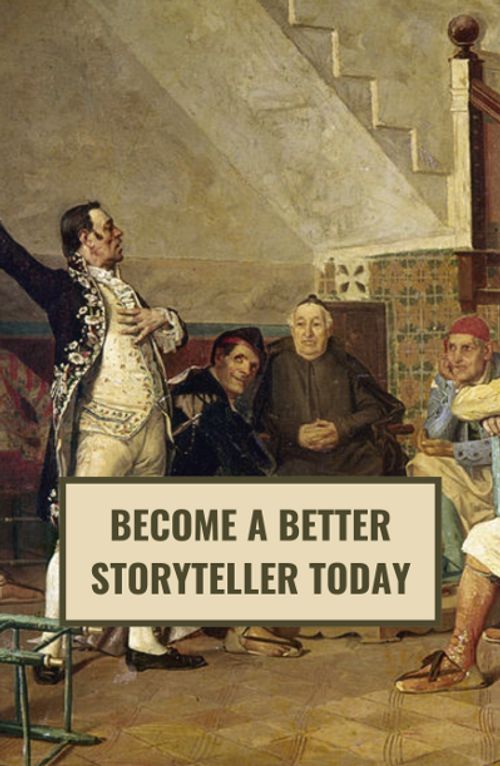How to become a world-class storyteller (8 tips from Nietzsche)
Aug 29, 2022 · 2 mins read
0
Share

Nietzsche was a true master of the written word. His aphorisms shock us even today, and his books are perennial bestsellers. Below are eight tips for fiction writers from Nietzsche. More broadly, this is valuable advice for all story-tellers:
Save
Share
Write a lot but make each word fight for its place: "Make a hundred or more drafts of short stories, none longer than two pages, yet each of a clarity such that each word in it is necessary."
Save
Share
Find anecdotes, retell them until they're thrilling stories: " Write down anecdotes each day until he learns how to find their most concise, effective form." Anecdotes - mini stories with suggestive implications - can liven up any story, presentation, or conversation.
Save
Share
Develop an archetypal understanding of human beings: "Be inexhaustible in collecting and depicting human types and characters." Talk to strangers, categorize fictional characters into certain buckets, and discover the archetypes that dissolve human variety into universal types.
Save
Share
Never miss an opportunity to tell a story and gather audience reactions: "Above all tell tales as often as possible, and listen to tales, with a sharp eye and ear for the effect on the audience." Test out tales and theories in live settings. Live reactions give precious feedback.
Save
Share
How travel can improve your stories: "Travel like a landscape painter and costume designer." A landscape painter notes each interesting tree, a costume designer picks up every idiosyncratic earring - are you treating your life like material for your art?
Save
Share
Borrow from science: "Excerpt from the various sciences everything that has an artistic effect if well portrayed." Scientific concepts uplift your stories! Elective Affinities was a chemistry term used by Newton; Goethe gave it a literary turn and made it about human passions.
Save
Share
Be honest about human nature: "Contemplate the motives for human behavior, and disdain no hint of information about them, and be a collector of such things day and night." Stories can create made-up lies as long as they're honest about human nature.
Save
Share
The final ingredient is time: "Let some ten years pass." Over time your skills get sharper, your ideas have time to marinate and mature, and perhaps most importantly, you simply gain the courage of your convictions. You say what you've always said, but with convincing style.
Save
Share
Nietzsche: "Sometimes when reason and character are lacking to plan this kind of artistic life, fate and necessity take over their function, and lead the future master step by step through all the requisites of his craft." But better, as always, to not depend on fate.
Save
Share
0